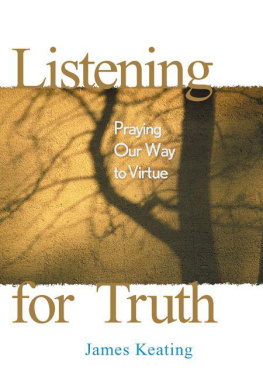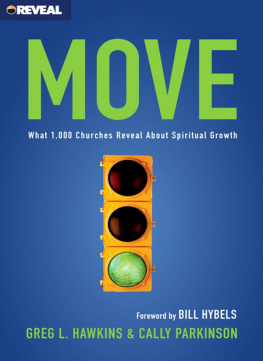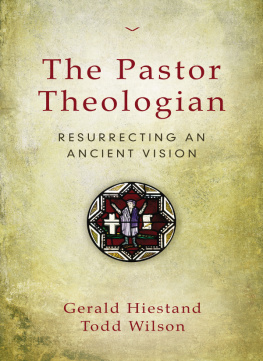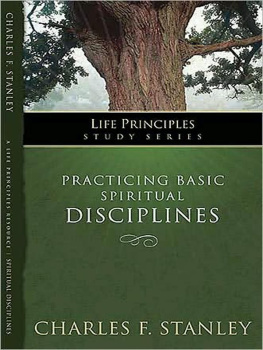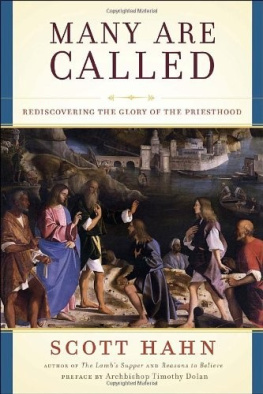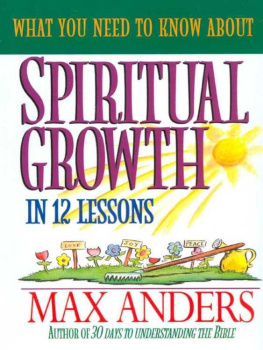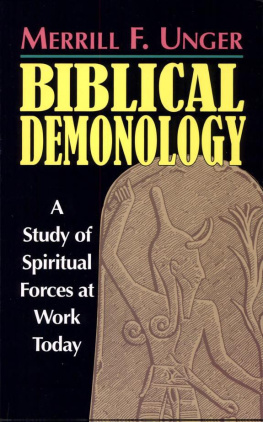Endorsements for
Resting On The Tieart Of Christ
THE VOCATION AND SPIRITUALITY OF THE SEMINARY THEOLOGIAN

"Very seldom does one think of the role of a seminary theologian as its own calling. Dr. James Keating, in a profound and moving theological reflection, scopes out the contours of just such a vocation. In doing so, he explains how the theological enterprise fosters holiness and where theological discipline and discovery turn into prayer. This is a very important work, a voice crying in the wilderness, but it is now being heard."
Most Rev. David Ricken
Bishop of Green Bay, Wisconsin
"This book should be required reading for all seminary professors. Deacon Keating offers a challenging vision of seminary formation in which the way we study and teach theology is transformed by intimacy with Christ. He invites us to open our classrooms to prayer and silence before the mysteries we teach. This integrative vision reorients seminary education toward the formation of mystical-pastoral priests who can guide a spiritually hungry laity to Christ."
John L. Gresham, PhD
Kenrick-Glennon Seminary, Paul VIInstitute
"This book is a timely invitation to consider anew the charism of the seminary theologian. Keating presents a clear vision for seminary theologians: teach out of a living communion with the Eucharistic Lord and invite the seminarian to receive and encounter this same Lord in his studies. By meditating upon John's Gospel in elegant language, Dr. Keating calls upon seminary theologians and future priests alike to be as magnanimous as Jesus: 'Only great love can bring forth great knowledge' (K. Rahner)."
Father Emery A. De Gaal, PhD
Associate Professor, Department of Systematic Theology
University of St. Mary of the Lake, Mundelein Seminary
"Deacon Keating's book is a refreshing treatise for all who have been called to educate candidates for the priesthood. This book will be of great assistance for all desiring to grow in their mission as seminary theologians and formators."
Father David L. Toups, STD
USCCB Secretariat of Clergy, Consecrated Life and Vocations
"Resting on the Heart of Christ provides a welcome antidote to the mentality that theology is some kind of pure science disconnected from spirituality and unrelated to grace. Keating argues that theologians should integrate theological study, teaching, and our personal call to worship and in so doing allow the heart of Christ to enter our mission."
Tracey Rowland, PhD
Associate Professor,
John Paul II Institute for Marriage and Family (Melbourne)
"This book reminds those of us in seminary work that our objective in teaching theology must be to inform the spiritual and pastoral lives of the seminarian. For the seminarian, theology is personal, and not simply an academic discipline. Dr. Keating shares a beautiful, relevant, and realistic vision for seminary faculty, one that will be appreciated by faculty and seminarian alike. I highly recommend this book."
Carmina Magnusen Chapp, PhD
Saint Charles Borromeo Seminary, Overbrook
Archdiocese of Philadelphia
"Deacon Keating has written a book that all of us who teach in seminaries should read. There is wisdom here and a recovery of a theological tradition that is badly needed in seminary teaching today."
Ralph Martin
Director, Graduate Theology Programs in the New Evangelization
Sacred Heart Major Seminary
Archdiocese of Detroit

NIHIL OBSTAT: | Father Joseph C. Taphorn, JCL |
IMPRIMATUR: | Most Reverend Elden F. Curtiss
Archbishop of Omaha |
THE INSTITUTE FOR PRIESTLY FORMATION
IPF PUBLICATIONS
2500 California Plaza
Omaha, Nebraska 68178
www.IPFpublications.com
Copyright April 21, 2009 by
James Keating and The Institute for Priestly Formation, Inc.
All Rights Reserved. No part of this book may be reproduced, stored in a retrieval system, or transmitted by any means, electronic, mechanical, photocopying, recording, or otherwise, without the written permission of the Institute for Priestly Formation.
Printed in the United States of America
ISBN-13: 978-0-9800455-6-7
ISBN-10: 0-9800455-6-8
Scripture texts are taken from the New American Bible with Revised New Testament 1986, 1970 Confraternity of Christian Doctrine, Washington, D.C. and are used by permission of the copyright owner. All Rights Reserved. No part of the New American Bible may be reproduced in any form without permission in writing from the copyright owner.
Cover design by Timothy D. Boatright
Marketing Associates, U.S.A.
Tampa, Florida
THE INSTITUTE FOR PRIESTLY FORMATION
Mission Statement

The Institute for Priestly Formation was founded to assist bishops in the spiritual formation of diocesan seminarians and priests in the Roman Catholic Church. The Institute responds to the need to foster spiritual formation as the integrating and governing principle of all aspects of priestly formation. Inspired by the biblical-evangelical spirituality of Ignatius Loyola, this spiritual formation has as its goal the cultivation of a deep interior communion with Christ; from such communion the priest shares in Christ's own pastoral charity. In carrying out its mission, the Institute directly serves diocesan seminarians and priests as well as those who are responsible for diocesan priestly formation.
THE INSTITUTE FOR PRIESTLY FORMATION
Creighton University
2500 California Plaza
Omaha, Nebraska 68178
www.creighton.edu/ipf
Dedication
Bishop Felipe Estvez, STD, Auxiliary Bishop of Miami,
in gratitude for his support of and prayers for the mission of
The Institute for Priestly Formation
Father Dennis Billy, CSsR, ThD, STD,
Professor of Moral Theology
at St. Charles Seminary, Overbrook, PA, where he holds
The John Cardinal Krol Chair of Moral Theology,
in deep appreciation for his scholarship in the area of integrating spirituality with theology.
Table of Contents
Were Not Our Hearts Burning Within Us
Original Sources Influencing Current Streams
Resting on the Heart of Christ
Lectio and Research
Lecturing on Truth to Welcome Love
Adoring the Mystery that Fascinates Us
Theology Ordered to Pastoral Charity
Reading to Know and to Receive Divine Love
[Romano] Guardini depicts his arduous path to the doctorate and to academic professorship ... because German theology had submitted itself unreservedly to the methodological canon of the university, where only history and the natural sciences counted as science .... Guardini, in contrast, did not wish to become a historian or a scientist but a theologian.. Because he was conscious of doing something which was nevertheless entirely worthy of the university, he would say that he was working for a university of the future which did not yet exist.
Next page

